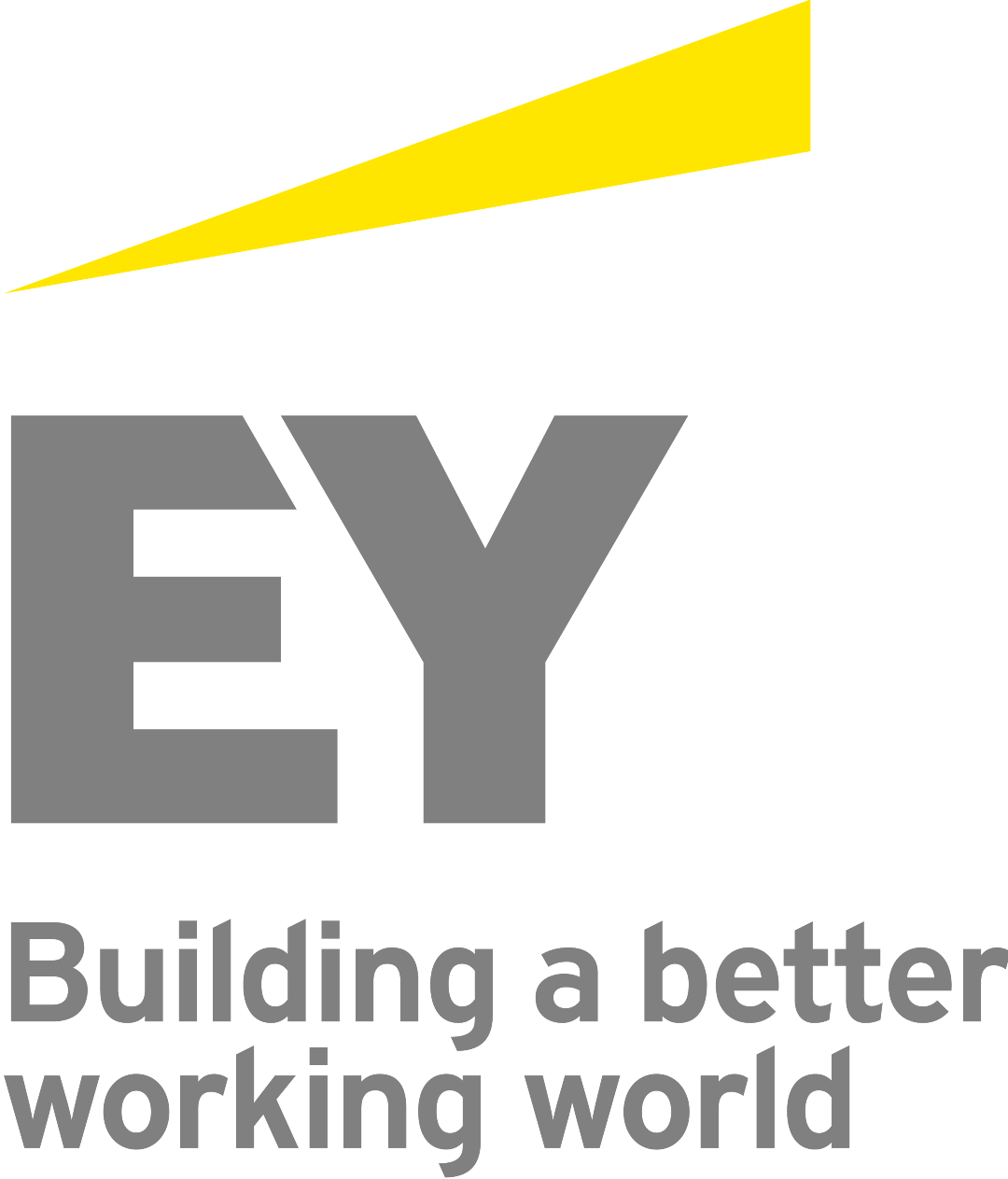9 questions Canadians should ask their tax advisors before the end of 2016
TORONTO, Dec. 8, 2016 /CNW/ - As the year draws to an end, it's the perfect time to be proactive about tax planning. According to EY's Asking better year-end tax planning questions, asking your tax advisor better questions today can help identify real tax savings opportunities – before it comes time to complete tax returns in April.
"As tax rules become more complex, it's even more critical to think of the bigger tax picture continuously throughout the year, as well as from year to year as your personal circumstances change," says Bruce Sprague, Tax Partner with EY's Private Client Services practice. "No one likes year-end surprises. Having a conversation with your tax advisor about optimizing your tax savings can yield financial benefits into 2017 and beyond."
Sprague explains: "Reviewing estate planning goals and wills on a regular basis, for example, can protect your assets and provide tax-efficient income before and after your retirement, as well as a tax-efficient transfer of your wealth to the next generation."
EY suggests considering how to approach current year-end planning with an eye to the future. Here are EY's top 9 questions Canadians should ask their tax advisors before the end of 2016:
- Are there any income-splitting techniques available to me?
Determine if you can take advantage of differences in tax brackets and marginal rates in your family with income-splitting loans, reasonable salaries to family members or spousal RRSPs. - Have I paid my 2016 tax-deductible or tax-creditable expenses yet?
There are a variety of expenses, including interest and child-care costs that can only be claimed as deductions in a tax return if the amounts are paid by the end of the calendar year. You'll want to check on expenditures that give rise to tax credits and consider if the deduction or credit is worth more to you this year or next. - Have I considered the impact of any changes to personal tax rules that are effective for the year?
As a result of 2016 changes announced by the Federal government, if you have sold a principal residence in 2016 or hold any linked notes that are maturing after 2016, you may be subject to the new rules and should discuss the impact with your tax advisor. - Have I maximized my tax-sheltered investments by contributing to a TFSA or an RRSP?
Make your TFSA and RRSP contributions for 2016 and catch up on prior non-contributory years. In order to maximize tax-free earnings, consider making your 2017 contributions in January. - Have I maximized my education savings by contributing to an RESP for my child or grandchild?
Make registered education savings plan (RESP) contributions for your child or grandchild before the end of the year. With a contribution of $2,500 per child under age 18, the federal government will contribute a grant (CESG) of $500 annually. - Is there a way to reduce or eliminate my non-deductible interest?
Interest on funds borrowed for personal purposes is not deductible. Where possible, consider using available cash to repay personal debt before repaying loans for investment or business purposes on which interest may be deductible. - Have I reviewed my investment portfolio?
Consider if you have any accrued losses to use against realized gains and determine if you have realized losses to carry forward. - Can I improve the cash flow impact of my income taxes?
Determine if you're eligible to request reduced source deductions and see if you're required to make a 15 December instalment payment. - Have I thought about my estate planning?
End of the year presents the perfect time to review and update your will and consider if there are changes to your life insurance needs. It may be the right time to consider an estate freeze to minimize tax on death and/or probate fees. Developing a comprehensive succession plan can help you pass the benefit of your assets to the right people at the right time.
To read EY tax insights and tips, visit ey.com/ca/taxmatters. To learn more about how EY works with private companies, visit ey.com/ca/private.
About EY
EY is a global leader in assurance, tax, transaction and advisory services. The insights and quality services we deliver help build trust and confidence in the capital markets and in economies the world over. We develop outstanding leaders who team to deliver on our promises to all of our stakeholders. In so doing, we play a critical role in building a better working world for our people, for our clients and for our communities.
For more information, please visit ey.com/ca. Follow us on Twitter @EYCanada.
EY refers to the global organization and may refer to one or more of the member firms of Ernst & Young Global Limited, each of which is a separate legal entity. Ernst & Young Global Limited, a UK company limited by guarantee, does not provide services to clients. For more information about our organization, please visit ey.com.
SOURCE EY (Ernst & Young)

Sasha Anopina, [email protected], 416 943 2637; Julie Fournier, [email protected], 514 874 4308; Leigh Kjekstad, [email protected], 604 648 3807

Share this article